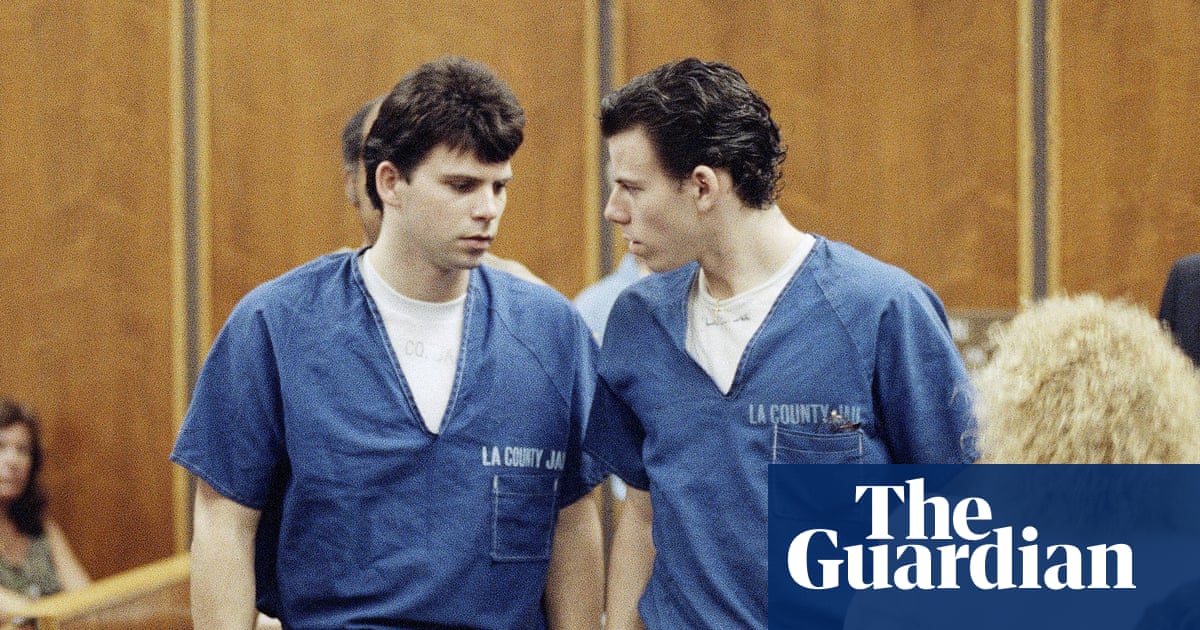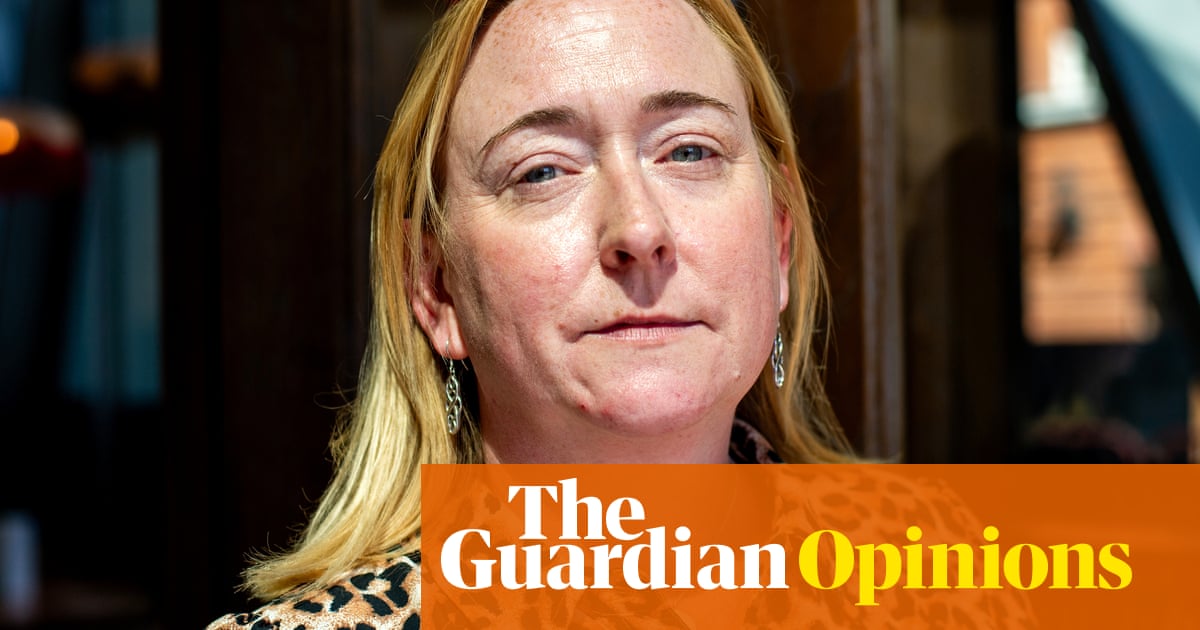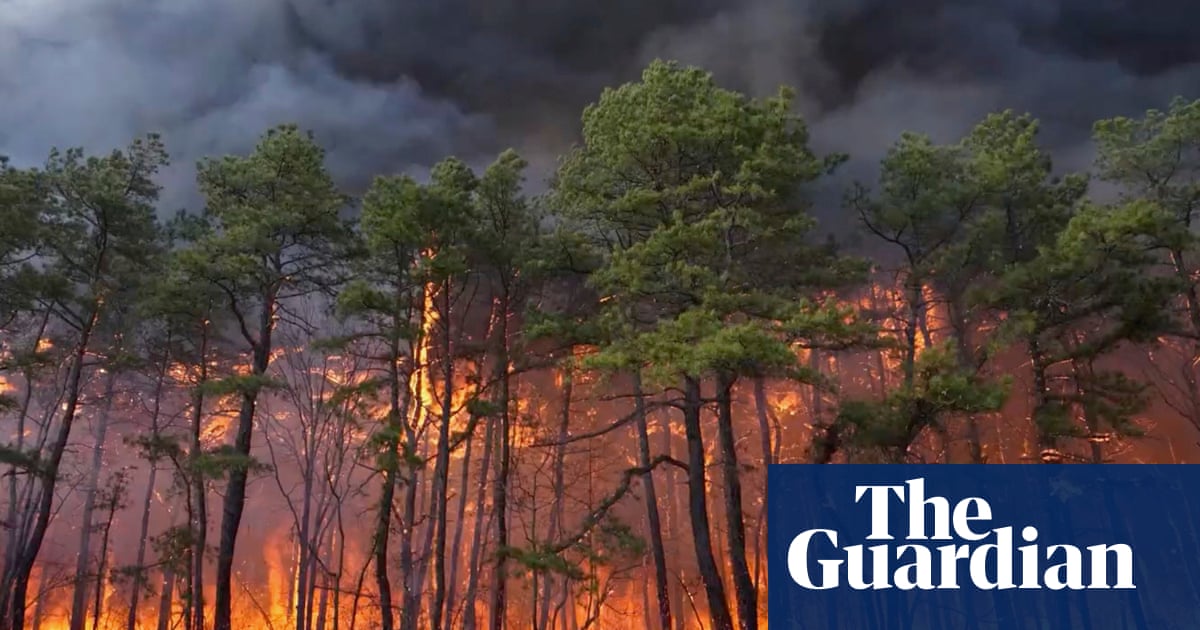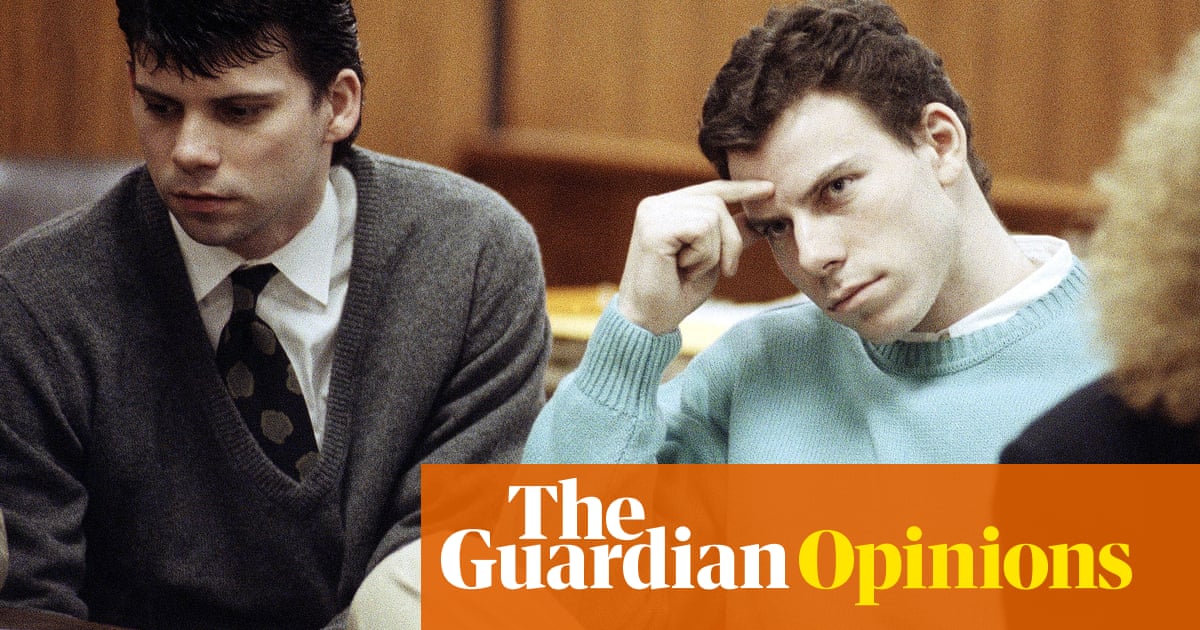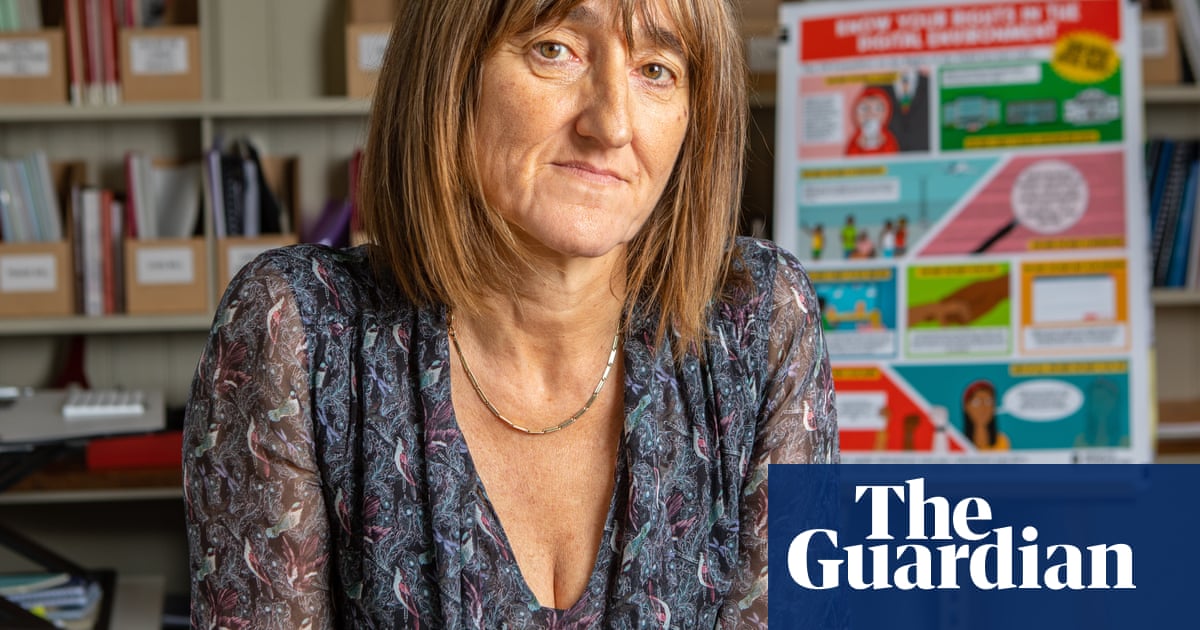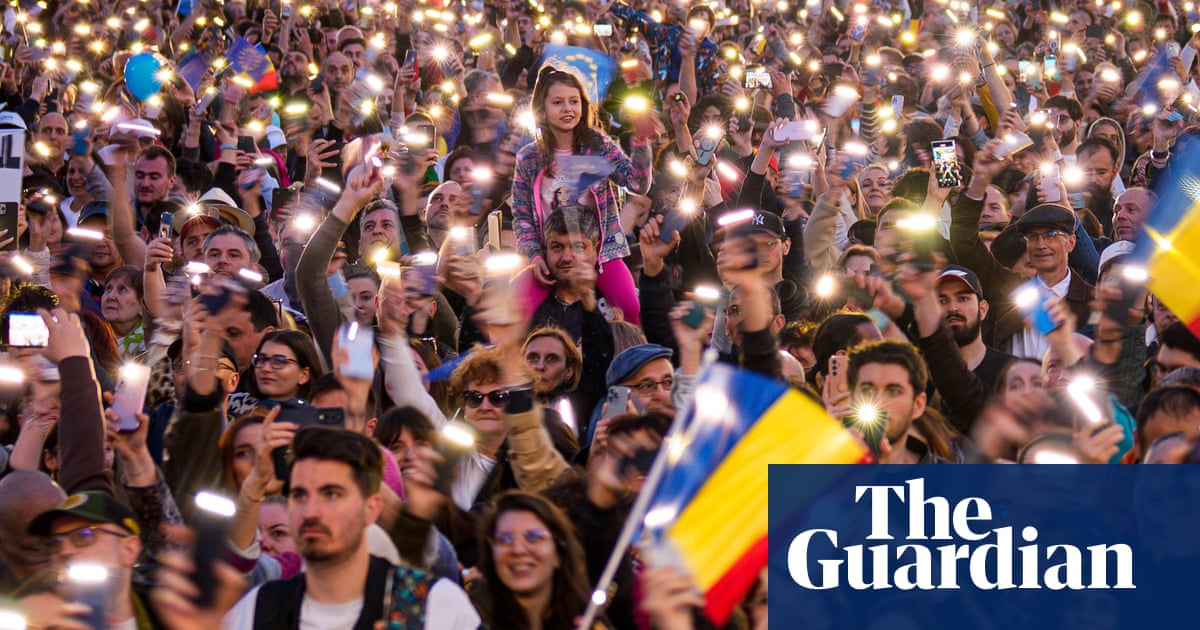Denmark is reconsidering its 40-year ban on nuclear power in a major policy shift for the renewables-heavy country.
The Danish government will analyse the potential benefits of a new generation of nuclear power technologies after banning traditional nuclear reactors in 1985, its energy minister said.
The Scandinavian country is one of Europe’s most renewables-rich energy markets and home to Ørsted, the world’s biggest offshore wind company. More than 80% of its electricity is generated from renewables, including wind, biofuels and solar, according to the International Energy Agency.
But Denmark may begin investing in modular nuclear reactors too, Lars Aagaard, the energy and climate minister, suggested.
Aagaard told the Danish newspaper Politiken: “We can see that there is a development under way with new nuclear power technologies – small, modular reactors. But it’s not enough that they have potential. We also need to know what it means for Danish society if we are to enable these technologies.”
The country’s decision to reconsider nuclear power has emerged as interest in new nuclear reactor designs has picked up across Europe, alongside plans to extend the lifespan of the continent’s existing reactors.
Denmark’s former prime minister Anders Fogh Rasmussen told the Financial Times on Wednesday he supported lifting the “ridiculous” ban on nuclear power.
“Wind and solar are good as long as you have wind and sunshine. But you have to have a non-fossil base-load and it’s ridiculous to exclude nuclear power in advance. My guess is that this is a process [from the government] towards lifting the ban,” he said.
Renewed European interest in nuclear power is in part because of an expected increase in demand for low-carbon electricity to decarbonise transport, industry and home heating in the decades ahead.
The developers of small modular reactor designs, which can be built in factories and assembled on site, have promised lower costs and shorter construction times than traditional large-scale reactors.
Nuclear power has also won the backing of tech companies, including Google, which are interested in using small modular nuclear reactors to supply their energy-hungry datacentres with consistent 24/7 electricity.
Spain, widely considered anti-nuclear, is understood to be reconsidering plans to shut down its seven nuclear reactors in the next decade after a major power outage across the Iberian peninsula last month.
In Germany, which banned nuclear power in 2022, the debate over whether to restart its reactors has been reignited after the halt in Russian gas imports that year underlined its heavy reliance on gas power plants.
Meanwhile, the UK, France and Belgium have agreed to extend the life of existing nuclear reactors to help meet the growing demand for low-carbon electricity to decarbonise their economies.
France hopes to build another six reactors to rejuvenate its ageing fleet, and late last year connected the Flamanville 3 nuclear reactor to its grid, the first addition to its nuclear power network in 25 years.
The UK is building the Hinkley Point C nuclear power plant in Somerset and expects to set out plans to develop small modular reactors in the coming months, alongside deciding whether to invest in the embattled Sizewell C nuclear project.
In Denmark, Ørsted, the wind company, has struggled in the face of high inflation, supply-chain disruption and higher interest rates, forcing it to cut jobs and delay or cancel projects. Last week it cancelled one of the UK’s largest offshore windfarms, Hornsea 4, off the Yorkshire coast, saying soaring costs meant it no longer made economic sense.

.png) 2 hours ago
3
2 hours ago
3



